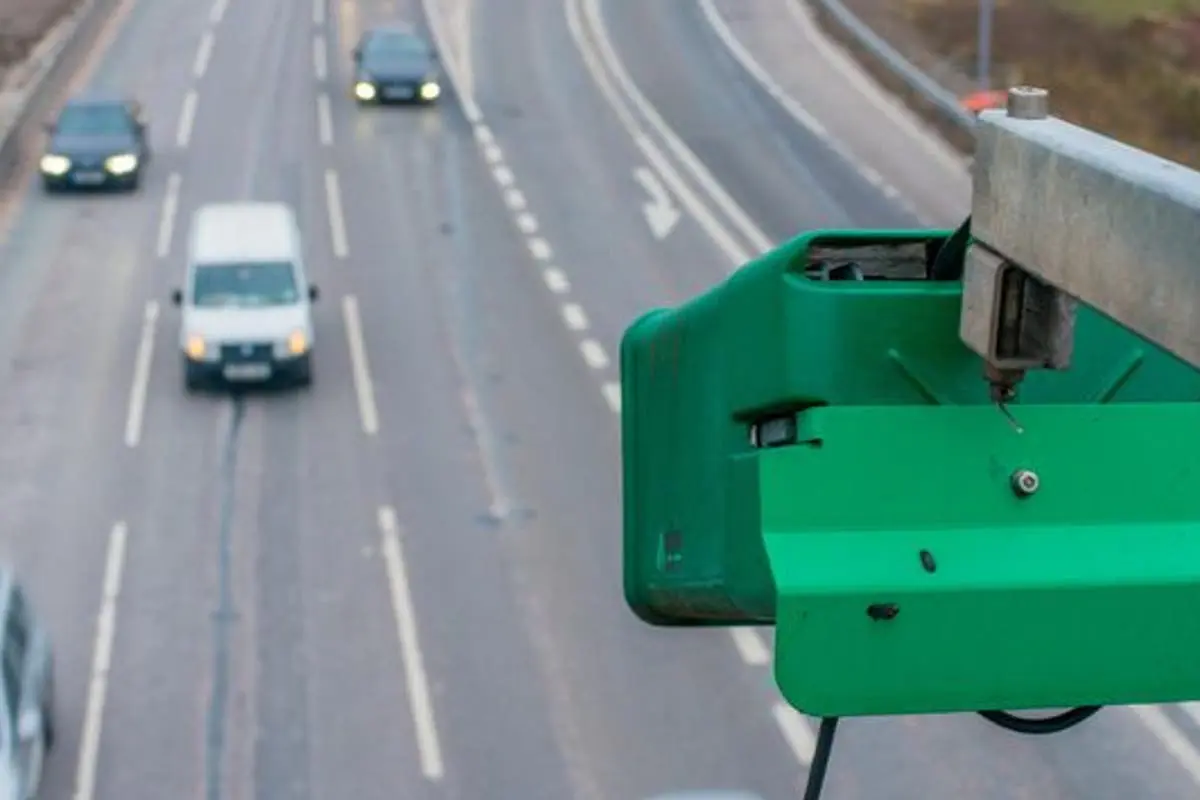Thousands of drivers tricked by fake 50mph sign on A20 must pay fines, say police
Thousands of drivers tricked by fake 50mph sign on A20 must pay fines, say police

Thousands of drivers tricked by fake 50mph sign on A20 must pay fines, say police

Around 600 drivers seeking to overturn fines for speeding after a fake 50mph sign was placed on a dual carriageway in south east London will not have their penalties waived, the Metropolitan Police said.
Thousands of motorists were ticketed on the A20 near Sidcup on a stretch of the road where the speed limit had been temporarily dropped from 70mph to 40mph by Transport for London due to persistent flooding.
Police say the 50mph sign was installed by an “unauthorised third party” on January 24 after speed cameras were set to match the lowered limit.
...
While the Met admits the sign should not have been there, it “would not have impacted the enforcement of the 40mph average speed limit”.